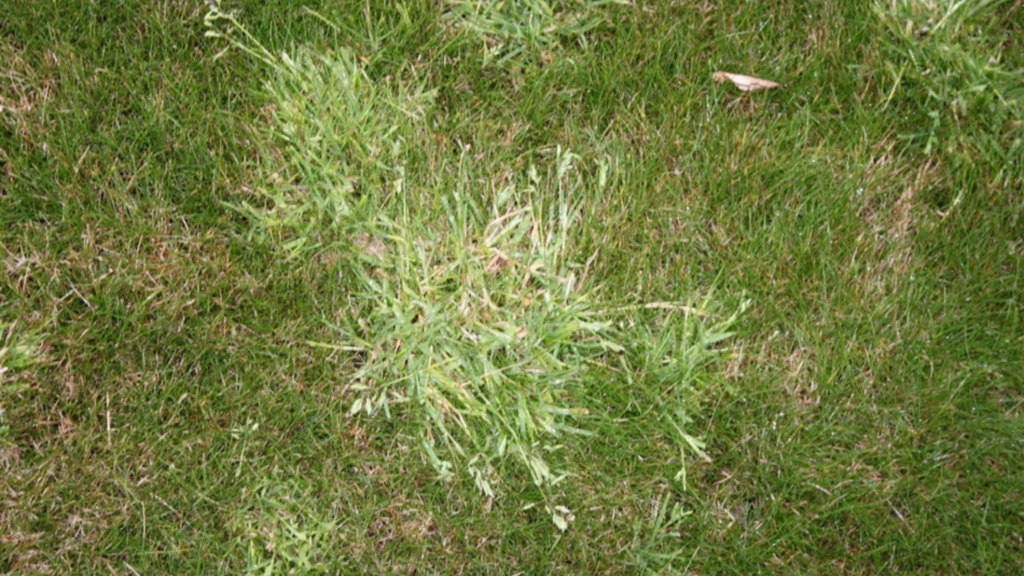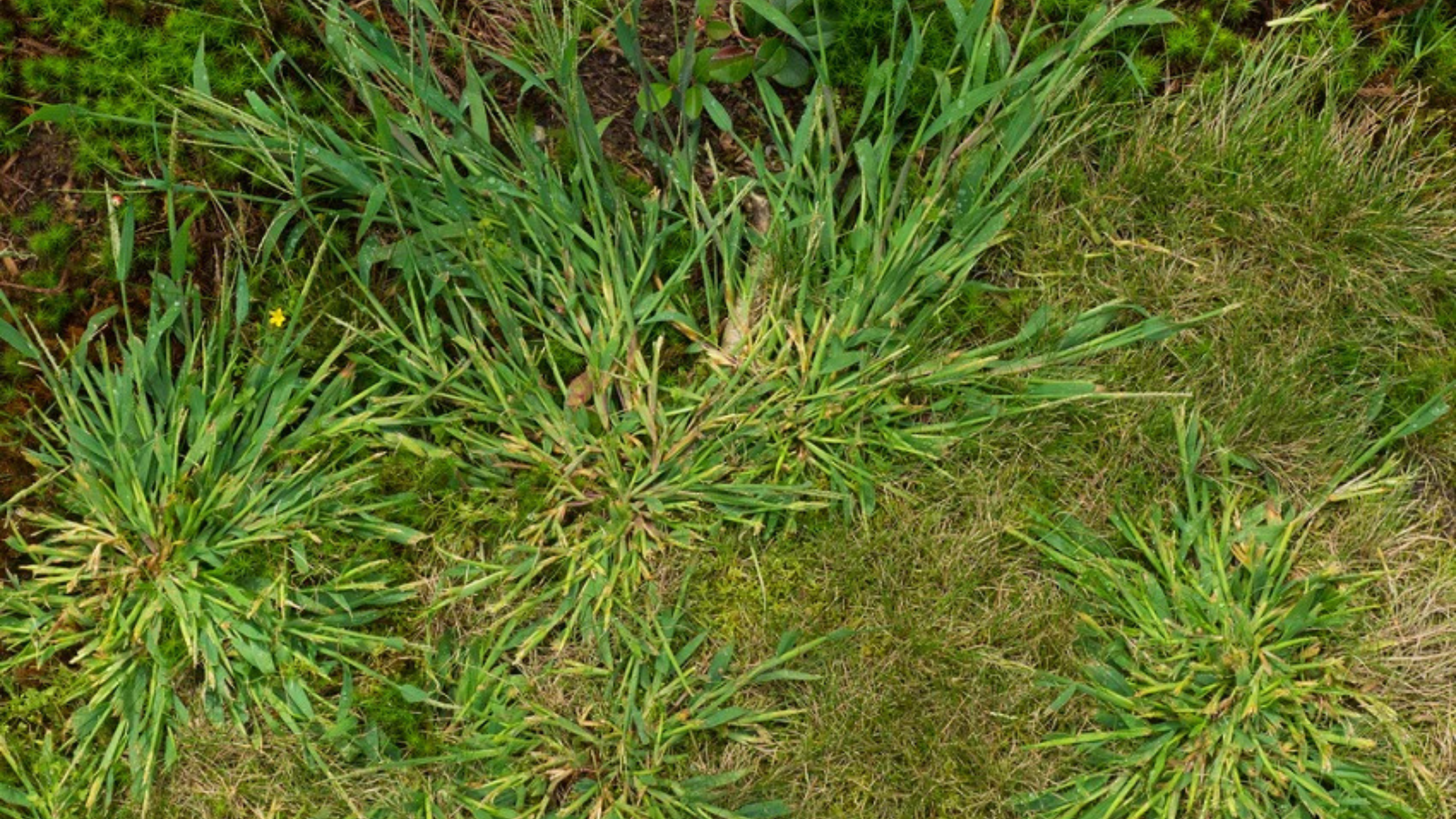Invasive grasses are often viewed as nuisances in gardens and landscapes, but they possess a surprising array of beneficial applications that can enhance both agricultural and ecological systems. Understanding these uses can help you appreciate their role in nature and find ways to utilize them effectively.
- Soil Erosion Control: Their dense root systems help stabilize soil, significantly reducing erosion and minimizing runoff. This makes invasive grasses a natural solution for maintaining healthy landscapes.
- Livestock Feed: Many invasive grass varieties, such as Bermuda and Johnson grass, serve as nutritious fodder for livestock, contributing to a balanced diet and promoting animal health.
- Natural Mulch: Used as green mulch, these grasses can suppress weeds and retain moisture in the soil, creating an optimal environment for your garden plants.
- Composting Resource: With their high nitrogen content, invasive grasses can be excellent additives for compost piles, resulting in nutrient-rich compost that enhances soil fertility.
- Weed Barrier: Certain species release allelopathic substances that inhibit the growth of other plants, thus helping to manage unwanted weeds effectively.
- Biofuel Production: Invasive grasses can be transformed into bioethanol, providing a sustainable source of renewable energy while also managing their spread.
- Crafting Material: The fibers from these grasses are ideal for weaving into baskets, mats, and other handcrafted items, showcasing their versatility beyond horticulture.
- Lawn Repair: Their rapid growth makes invasive grasses suitable for filling in bare patches in lawns, providing quick coverage and restoring aesthetics to your outdoor space.
- Wildlife Habitat: These grasses offer food and shelter to a variety of birds and small animals, promoting biodiversity and supporting local ecosystems.
- Medicinal Uses: Featuring anti-inflammatory and wound-healing properties, some invasive grasses have found a place in traditional medicine practices.

Rather than seeing invasive grasses as mere weeds, recognizing their diverse benefits can lead to innovative gardening techniques and improved land management. By integrating these grasses thoughtfully, you can promote a healthier and more productive environment. 🌍


2 thoughts on “The Versatile Uses of Invasive Grasses”